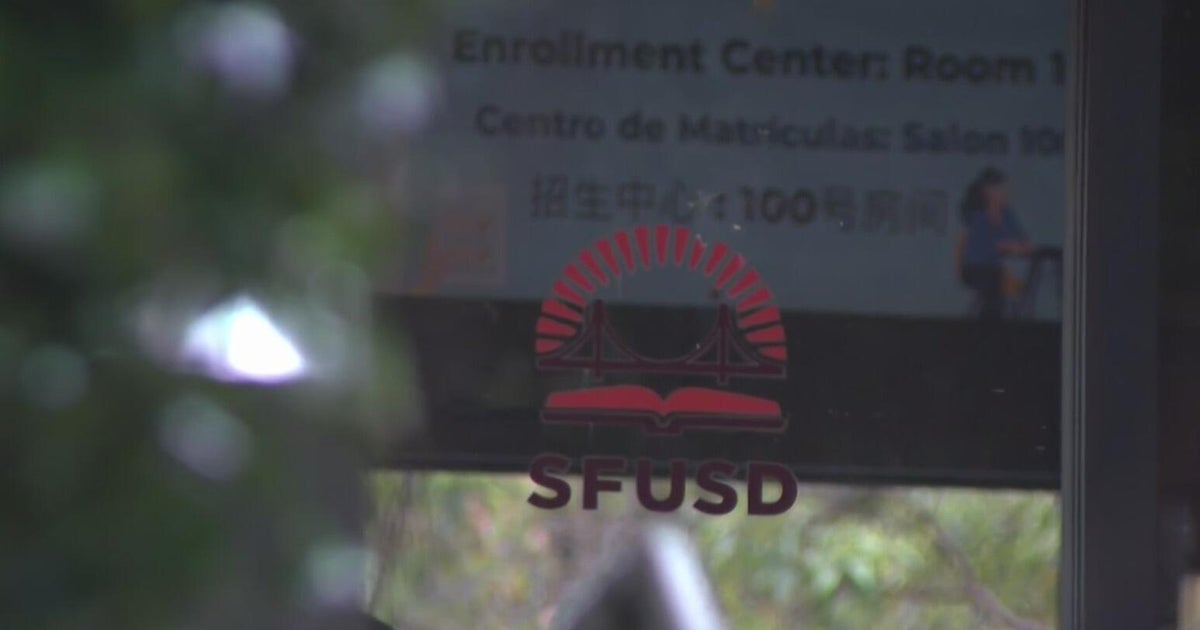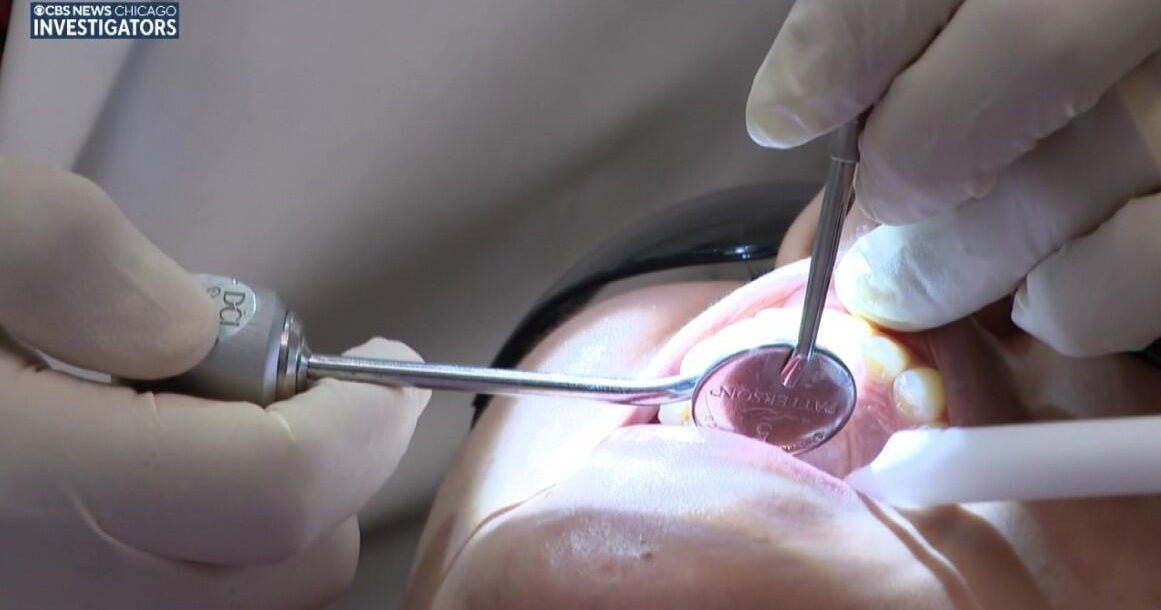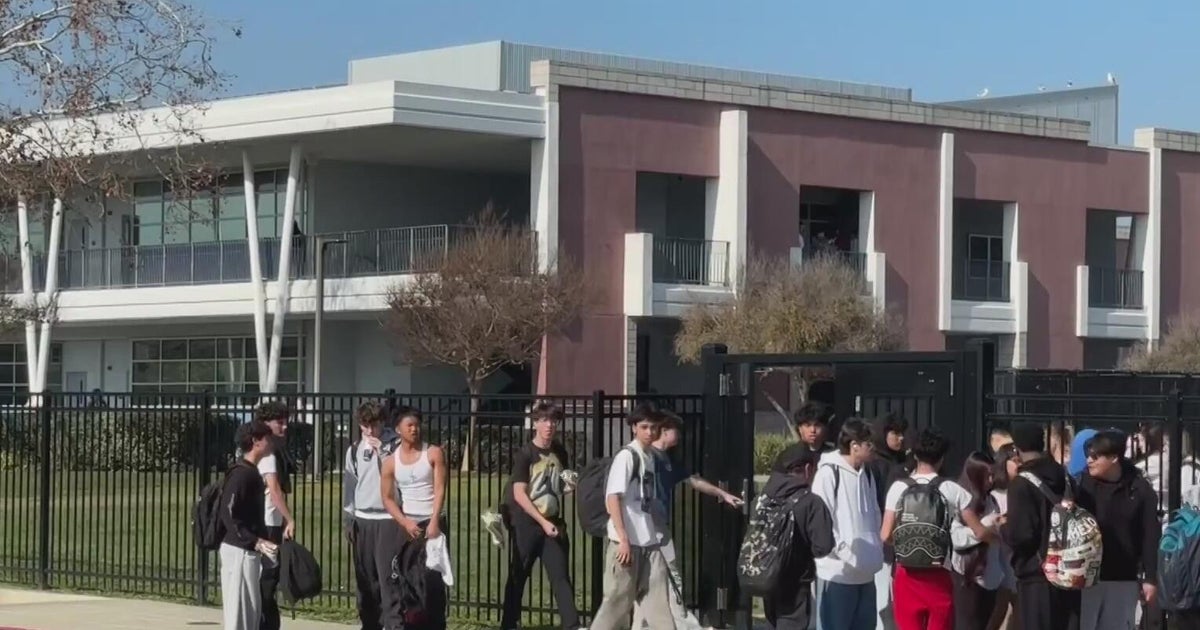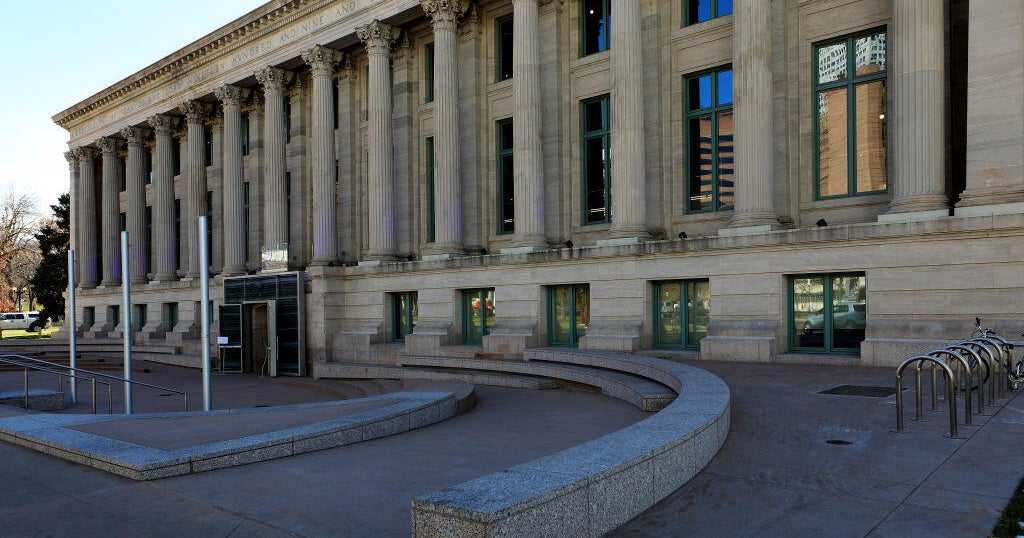Some New England schools dismissing students early before solar eclipse due to "safety risk"
EASTHAMPTON - A handful of schools in Massachusetts, New Hampshire and Rhode Island will be sending students home early for the total solar eclipse on April 8.
The eclipse will start shortly after 2 p.m., which is around the time that many students are dismissed from school. It will peak at about 3:30 p.m. and end after 4:30 p.m.
Easthampton Public Schools switched a planned professional development half day from Wednesday to next Monday. There will be no afterschool activities on eclipse day, as school officials are concerned about students looking directly at the sun.
"You may already be aware of the danger of looking at the sun during the eclipse," the school district said in a statement. "Outdoor activity, practices and games should be approached with extreme caution as unavoidable exposure to the harmful intensity could happen accidentally with extreme harm."
"Potential eye safety risk"
In Warwick, Rhode Island, students will be released two hours early. Superintendent Lynn Dambruch says the early dismissal is "due to the changes in lighting conditions caused by the eclipse, as well as a potential eye safety risk."
The online reaction among parents was mixed.
"For real?" one person commented. "And you wonder why our kids are filled with anxiety!"
Another wrote, "this should be educational and a great thing for the kids to see ... with proper glasses of course."
Salem, New Hampshire schools is switching a previously scheduled early release day to Monday "to help ensure our students have the opportunity to experience this phenomenon." Eclipse glasses will be provided to all students.
Is it safe to look at the solar eclipse?
Doctors say it's important to get the right protection, like certified eclipse glasses, to safely watch the event.
"It's never safe to look at the sun during any period of time without protecting your eyes because the light coming off the sun can burn the retina. And it can lead to a permanent problem with your vision," ophthalmologist Dr. Kammi Gunton told CBS Philadelphia.







